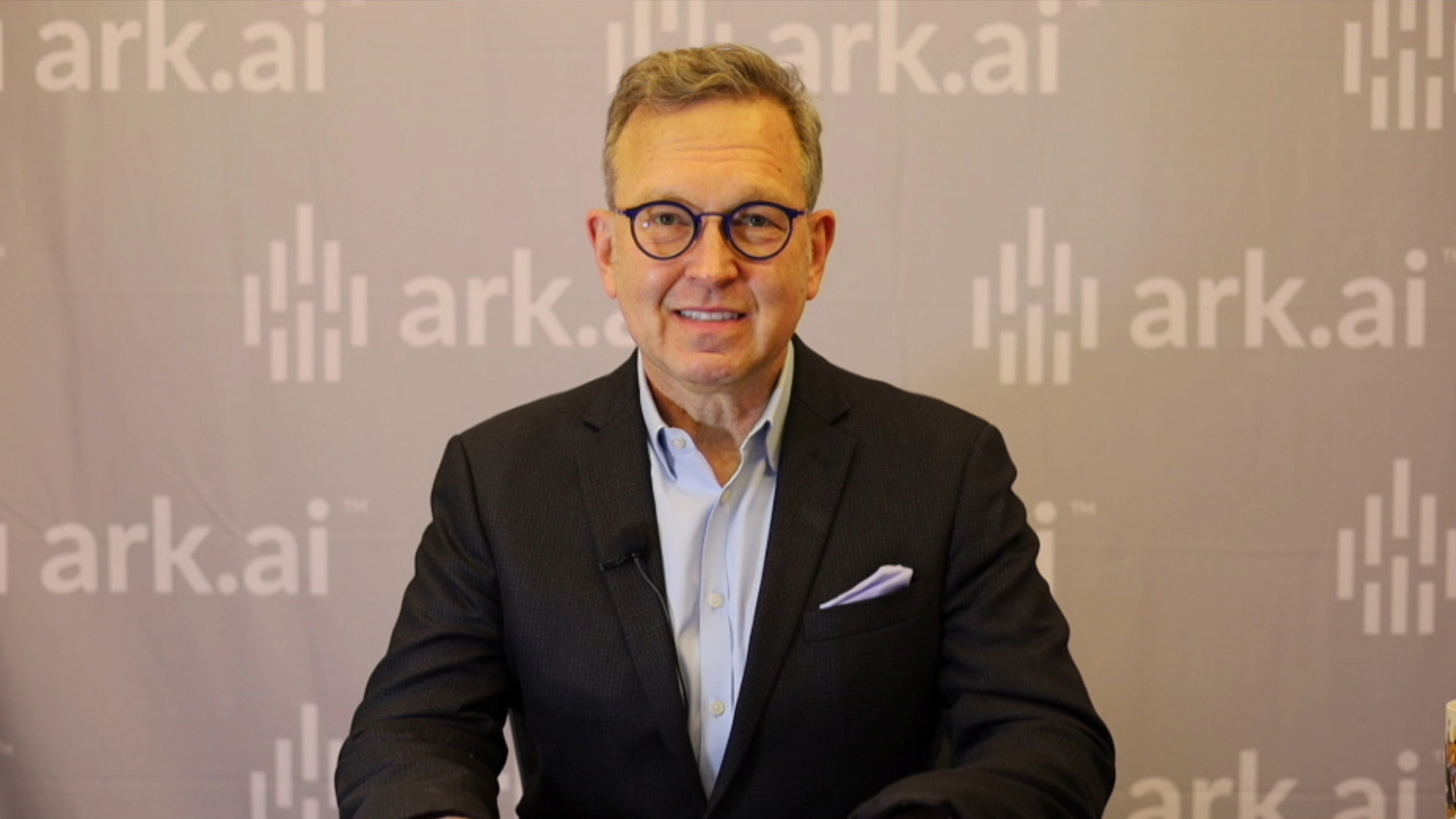Defense acquisition: Govini applies AI to supply chains – Business

The measure of a nation is a sum of three broad areas: economy, government and defense. Given the current sociopolitical landscape, the importance of defense and military might has been considerably heightened.
As global adversaries constantly seek to outpace each other in technological innovation, the efficiency and effectiveness of defense acquisition processes are paramount. How is artificial intelligence facilitating the seamless execution of this process?
“The government is one of the biggest purchasers of products and services in the U.S. economy,” said Jeb Nadaner (pictured), government affairs senior vice president at Govini, a defense software company. “Unfortunately, I think government personnel are frustrated by the process. American citizens are frustrated, and Congress is frustrated because a lot of the systems that they use to do this kind of purchasing are very antiquated. The commercial sector in the U.S. and globally has skipped a few generations compared to the government.”
Nadaner spoke with theCUBE Research principal analyst Shelly Kramer during an exclusive interview with theCUBE, SiliconANGLE Media’s livestreaming studio. They discussed the transformation of defense acquisition through AI-enabled software data to safeguard national security.
Explaining the problem: The data deluge
Nadaner’s career spans decades across the public and private sectors, with considerable experience in supply chain initiatives, defense and government affairs. With such a vantage point, one sees the critical importance of modernizing defense acquisition processes. Thinly built supply chains and aging defense manufacturing technology are some of the many realities in need of overhaul, according to Nadaner.
“I was working at Lockheed Martin on defense supply chains and some large programs,” he said. “In the process, I was struck by just how thin the bottom of the pyramid of the supply chain base was. And this was for the F-35. In so many cases, there were one to three suppliers left — sometimes it was one supplier. That began my journey into thinking deeply about American manufacturing [and] American supply chains — in particular, how we make and acquire military systems.”
A major challenge in defense acquisition is the antiquated processes, leading to longer timelines and reduced output. While the commercial sector leaps ahead, government acquisitions lag, stifled by bureaucracy and outdated systems. There’s an urgent need to modernize these processes, especially in defense, to maintain global competitiveness, according to Nadaner.
“First of all, it’s a unique system — it’s not like the way we buy things on Amazon,” he said. “It’s heavily governed by thousands and thousands of pages of law. Having said that, the government either does not have enough data or has too much data. One of the ways you get the data and one of the ways you get ahead of that if you have a data deluge is through the computer. That’s the function of AI — and that’s really a game changer.”
AI meets defense acquisition and supply chain bottlenecks
A defense supply chain clogged up by antiquated processes further affects logistics, assembly and delivery systems. To combat this, Govini has created an artificial intelligence-powered platform, called Ark, that relies on commercial data to serve as a robust insight repository. Ark gathers extensive parts data, company profiles, shipping information and more, and this wealth of data is crucial for informed decision-making in defense procurement, according to Nadaner.
“As a company, we have purpose-built software … for the defense acquisition system,” he said. “Then we’ve got one of the largest collections of parts data in the world. We [also] have a huge amount of data on companies, a huge amount of data on people that are involved in the acquisition system — add to that shipping data and insurance data. We can tell sometimes when a part leaves Shenzhen, China, enters Long Beach and then enters Dayton Ohio, and enters the defense supply chain.”
Ark is not only about storing data, but also about making it usable. Govini’s AI technology automates processes that once took months or even years. From tracking supply chains to identifying risks, Ark streamlines operations, allowing defense personnel to focus on strategic tasks rather than mundane data entry, according to Nadaner.
“Lots of companies are working on AI in the government,” he said. “Govini is the only company that has purpose-built software and data for the defense acquisition process — this many hundreds of billions of dollars, nearly a trillion-dollar process, and this the only software in data that’s purpose-built for that system.”
Here’s theCUBE’s complete video interview with Nadaner:
Photo: SiliconANGLE
Your vote of support is important to us and it helps us keep the content FREE.
One click below supports our mission to provide free, deep, and relevant content.
Join our community on YouTube
Join the community that includes more than 15,000 #CubeAlumni experts, including Amazon.com CEO Andy Jassy, Dell Technologies founder and CEO Michael Dell, Intel CEO Pat Gelsinger, and many more luminaries and experts.
THANK YOU
